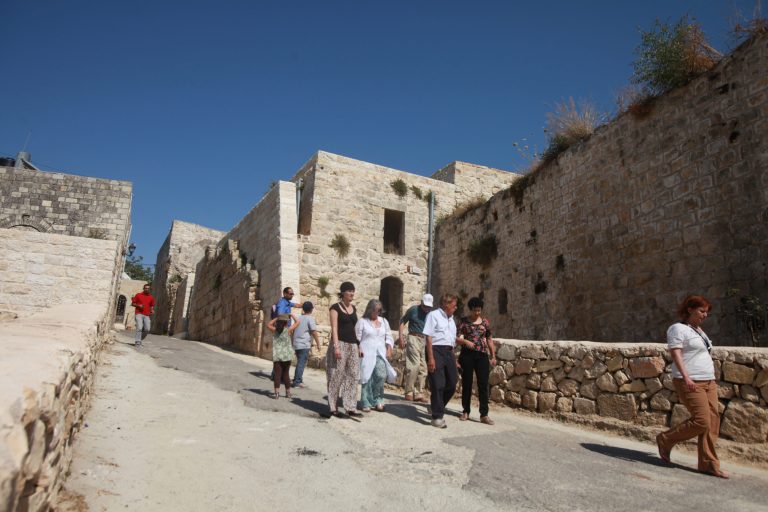São Paulo – In 2022, 4.59 million Brazilians were living abroad, a 4% increase over 2021. Of this total, 2.07 million were in North America, 1.49 million in Europe, and 646,700 in South America, the most significant Brazilian communities abroad. In the Middle East, there were 59,200 Brazilians and, in Africa, 39,600, adding up to 98,800 people in both regions. Data are from the report Brazilian Communities Abroad, released this month by the Brazilian Ministry of Foreign Affairs.
The reasons that lead Brazilians to leave Brazil and expand, year after year, the Brazilian community abroad may vary according to the region. According to the coordinator of the Migration Observatory of the Center for Population Studies at the State University of Campinas (UNICAMP) in São Paulo, Professor Rosana Baeninger, the departure of Brazilians to the so-called Global North is related to socioeconomic conditions.

“Brazilian emigration, especially to countries in the Global North, is closely linked to socioeconomic conditions in Brazil, but also to internal processes that no longer promote the social mobility internal migrations facilitated in past decades. Thus, this emigration makes up the global scenario of international migrations where the mobility of capital and workforce reveals existing inequalities between countries in the social division of labor in the world,” said the professor.
In the document, the Foreign Ministry records survey data since 2009, which show a drop in the number of Brazilians abroad of 2% in 2010, 39% in 2012, a 48% increase in 2013, and 11% in 2014, a 12% decrease in 2015, and a steady increase from 2016 until 2022. There is no data for the years 2011, 2017, and 2019. Brazilians abroad totaled 3.18 million in 2009 and reached 4.5 million last year.
Among the countries, the most considerable communities are the United States (1.9 million), Portugal (360,000), Paraguay (254,000), United Kingdom (220,000), Japan (206,990), Spain (165,000), Germany (160,000), Italy (157,000), Canada (113,170), and French Guiana (91,500). The jurisdictions that concentrate the most Brazilians (and that have a consulate general responsible for more than one city) are New York (500,000), Boston (390,000), Miami (295,000), Lisbon (250,000), and London (190,000).
Among the countries of the Middle East, the Foreign Ministry’s statistics show Lebanon as the largest community of Brazilians, with 21,000 people, followed by Israel (14,000), the United Arab Emirates (9,630), Palestine (6,000, pictured above), Syria (3,000), Jordan (3,000 ), Qatar (1,000), Saudi Arabia (650), Bahrain (280) and Kuwait (280). In Africa, there are 39,600 Brazilians, of which 27,000 are in Angola, the largest community on the continent. Among the Arab countries in Africa, 2,500 Brazilians live in Egypt, the most in the Arab nations of the continent.
According to Baeninger, the migration process of Brazilians out of the country is formed by a young-adult population profile with complete secondary or technical education and a growing presence of emigrants with higher education. Generally, this population ends up taking “the lowest jobs in the social structure of the Global North, since these countries no longer have young people to meet these work demands.”

A resident of Palestine, Fátima Rashid is the president of the Council of Brazilian Citizens in Palestine. Born in Campo Mourão, Paraná, she later moved to Corumbá, Mato Grosso do Sul, before emigrating to Palestine in 1994. Daughter of Palestinians, Rashid took the same route as most Brazilians who live in the occupied territories, especially Ramallah, in the West Bank.
“Most Brazilians who live here are of Palestinian Arab origin. Like mine, people’s parents left the region in the 1950s and 1960s in search of a better life. They stayed in Brazil for 40 years and returned. The children came from 1994 until the 2000s. When the Palestinian National Authority was created in 1994, many Palestinians felt they could return to their homeland. They formed a family, opened businesses, and came to invest in Ramallah, Jenin, Hebron, and other cities. They settled here but did not leave their businesses in Brazil,” she said.
“The difference with other migration flows is we returned to the land of our ancestors, customs, and traditions. There are Brazilian-Palestinians who come here to invest and bring economic development,” says Rashid.
Translated by Elúsio Brasileiro




